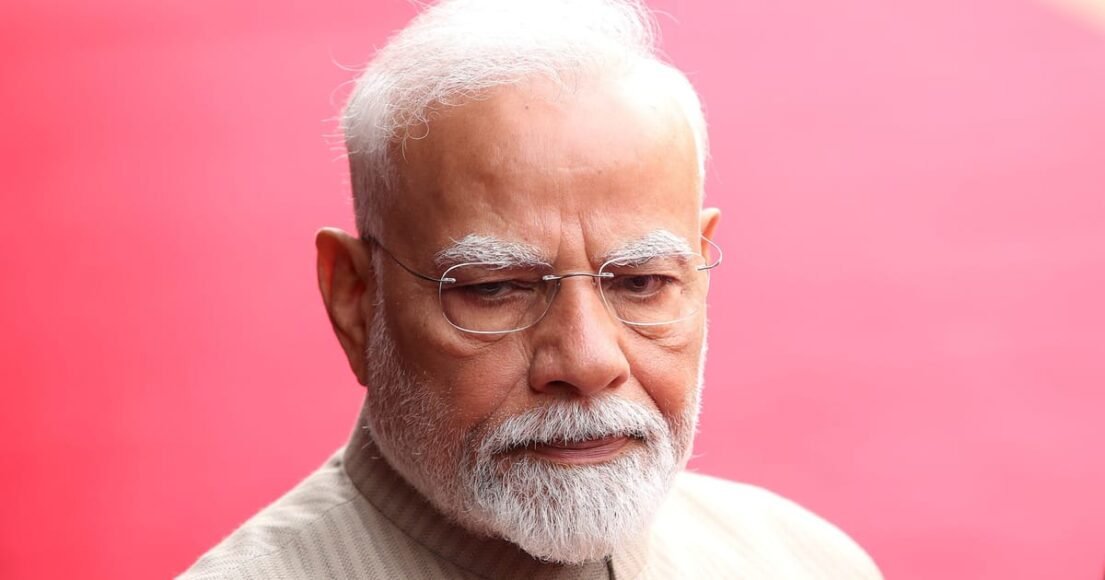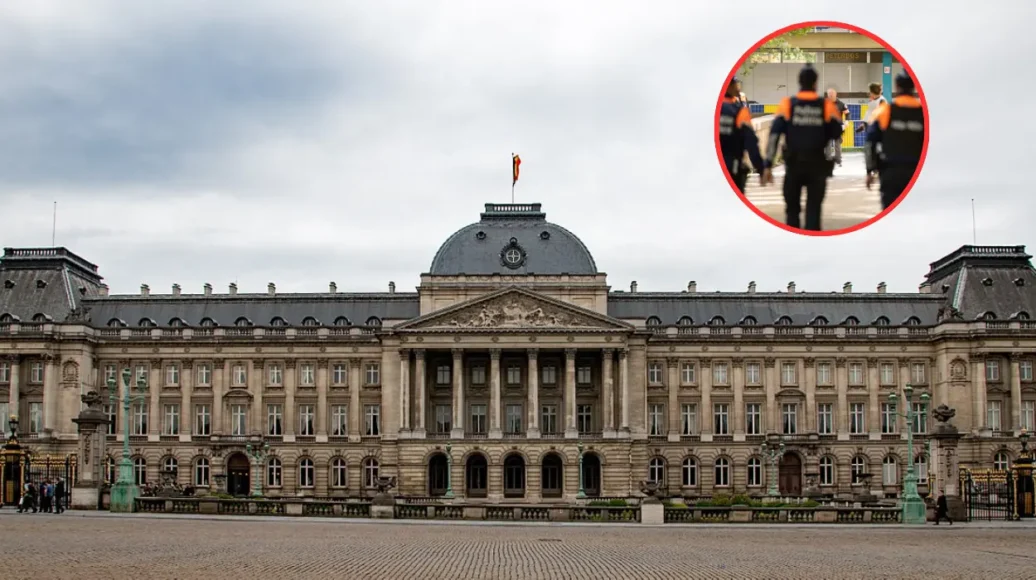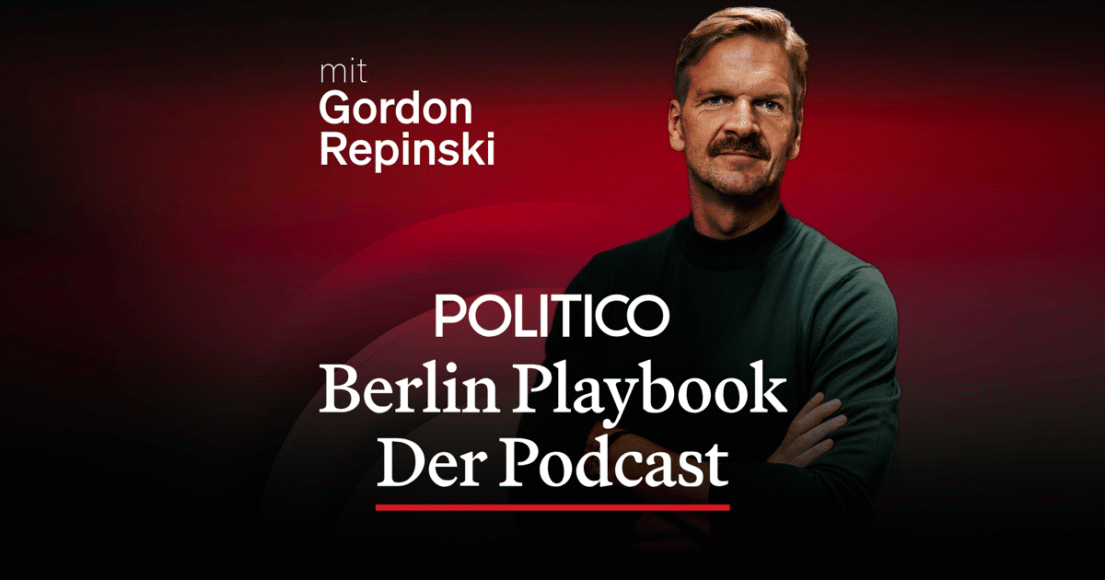Friedrich Merz and his conservative Christian Democratic Union (CDU) are poised to take the reins of power in Germany following the collapse of the country’s left-leaning three-party coalition in November. With elections anticipated in the coming months, Merz has outlined a distinctly conservative platform to guide his potential government.
Merz’s Policy Vision
Merz’s proposed policies signal a departure from the status quo. He plans to reduce welfare benefits, drastically limit the number of asylum seekers entering Germany, and strip back regulations to encourage private investment growth. Additionally, Merz seeks to elevate defense spending as a budgetary priority while maintaining stringent fiscal discipline.
However, it remains uncertain whether these measures will be enough to address the monumental challenges Germany currently faces.
Undoing Merkel's Legacy
At the heart of Merz’s agenda lies a desire to dismantle the long-standing legacy of his CDU predecessor, Angela Merkel, who served as Germany’s chancellor for 16 years. Merz’s political journey has been shaped by a complex history with Merkel, dating back to 2002 when she defeated him in a leadership battle, effectively sidelining him from the party. Following this loss, Merz stepped away from politics, eventually transitioning into the business world, where he served as chairman of the German operations of U.S. investment giant BlackRock.
During Merkel’s tenure, the CDU shifted toward the political center, a move exemplified by her decision to allow over a million asylum seekers into Germany during the refugee crisis of 2015. This policy, while defining Merkel’s chancellorship, fueled resentment among hard-right conservatives like Merz. They believed her centrist approach created a political void that enabled the rise of the far-right Alternative for Germany (AfD), now polling as the second strongest party in the country.
A Political Comeback
After the CDU suffered losses in the 2021 election, which saw Olaf Scholz of the Social Democrats take power, party members turned to Merz in an overwhelming vote of confidence, electing him as leader and signaling a shift back toward the right. His leadership marked a dramatic comeback for the veteran politician and set the stage for the CDU’s return to its conservative roots.
As Merz prepares for a potential chancellorship, the direction he takes could reshape Germany’s political landscape, steering the nation further from the policies of the Merkel era while addressing today’s challenges in his own terms. Whether this conservative course will win widespread support or amplify political divides remains to be seen.













Leave a Reply